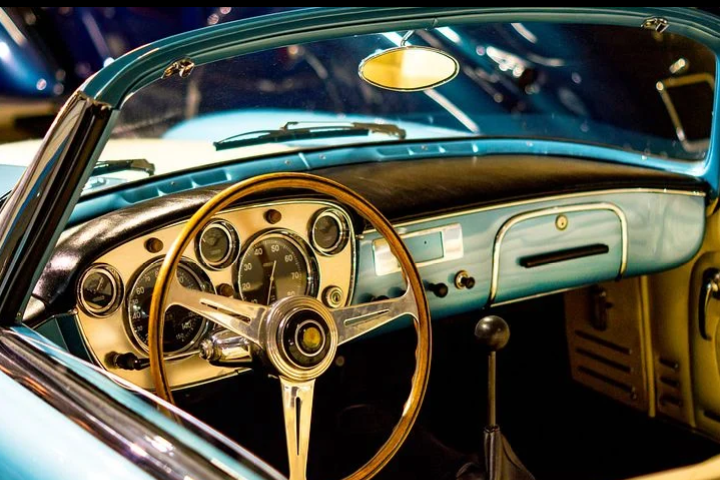Believe it or not, time spend on the road and mileage covered determines a car’s usable lifespan.
A 20 year old car with a mileage of only 100,000 miles can be far less reliable than a 4 year old car with approximately 200,000 miles.
Factors that Determine the Reliability of your car vs mileage
There are so many factors involved. Here are just a few of them for your determination:
Rubber and Plastic
Lots of components on your car are made from rubber, plastic or similar materials. These include: Belts, gaskets, weatherstrips hoses, , tires , just to mention a few examples.
Rubber and plastic are greatly affected by extreme temperatures (from sunlight), water and certain chemicals.
These parts can last for a long time when the car is always packed in a garage where the temperatures and friendly. A car that is always parked outside, on the other hand, will have dry, cracked and damaged rubber and vinyl parts in less than 5 years.
Metal
The metal components in a vehicle are also damaged by moisture. It gets worse if you live at the coast where this moisture is mixed with salt.
Maintenance
Maintenance also determines the length of stay of the vehicle. If the vehicle falls in the hands of a careless driver that doesn’t change the essential fluids, ignores the timing belt, leaves the car dirty without scrubbing the grime off and so on, the automobile will develop issues before it hits100,000 miles.
The Type of Vehicle
The type of vehicle you purchase is another factor that determines how long it will last. Remember, this has nothing to do with the price of the machine. I have seen many expensive vehicles that have disappointed the owners in less than a hundred thousand miles.
I have also seen many Civics and Corollas that have hit 300,000 miles and are still in good shape.
When do Cars Start Developing Issues?
Here we refer to complicated issues that demand heavy financial input; not the normal issues like brake job (brake parts and pads are just like tires. They’re meant to wear out), worn out wiper blades, belts, filters and lots of other parts that are commonly replaced.
A car becomes unreliable when a major components like the engine, the transmission or other smaller components begin to fail more frequently and unpredictably. When this begins to happen, then it’s time you considered replacing your car.
That said, note that most decent, quality and well maintained modern vehicles driven well should start giving you trouble at 180,000 to 200,000 miles.
By 200,000, expect things like failed clutch pressure plate, minor electrical issues, worn inner control arms bushes, leaking radiators or heater cores, significantly worn out suspension and steering components, failed CV joints, tired struts, worn out power steering rack , problematic hydraulic lifters, failing tailshaft, worn out brake rotors, pads & handbrake shoes and minor oil leaks. When you begin noticing such issues, then it’s time to let go of your favorite car.
European cars commonly need major engine or transmission repairs after 150,000 miles. In fact, many don’t even make it to 150,000 miles.
Asian vehicles seem to go a bit further but not all. Most cars that have been on the road for over 15 years or have hit 200,000 miles aren’t worth the trouble and have depreciated to the point of being valueless. A complete overhaul of such a car is more or less like purchasing a new car. Unless it’s a vintage, don’t break a sweat.
Lastly,
With good maintenance and proper handling, any vehicle can last for a very long time.
Average cars are built to last up to 200,000 kilometers before more expensive parts begin giving you trouble.
Some cars like Mercedes and BMW are built to go for much higher mileage. They can comfortably cover up to 400,000 to 500.000. The first generation VW TDIs would do around 500,000 pretty easily.
Generally, when a car reaches 200,000 and above, it makes no economic sense to maintain it any longer because the list of expensive repairs of parts becomes too long. The value of the car vs the price of the repair makes no economic sense. The high mileage makes the vehicle difficult to sell too.
Follow Us on Social Media 😂
